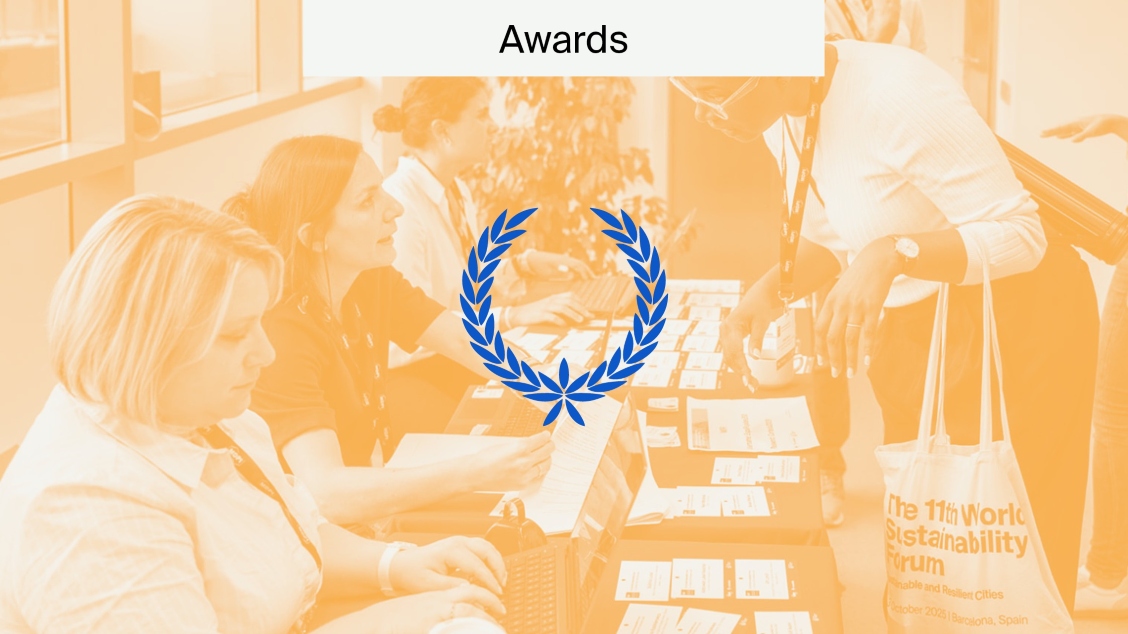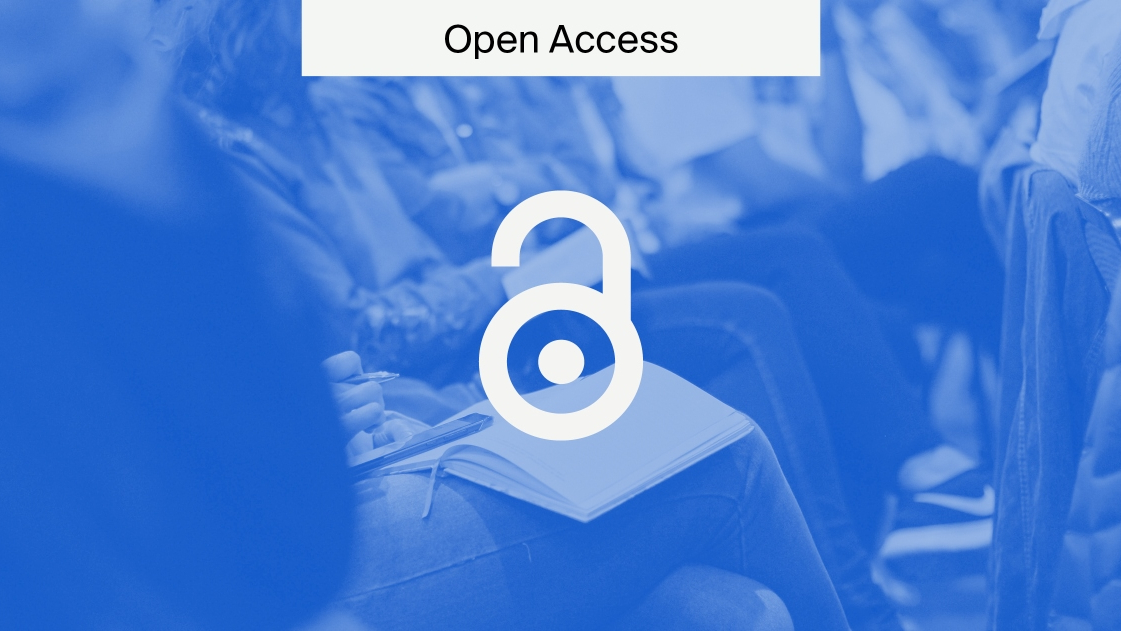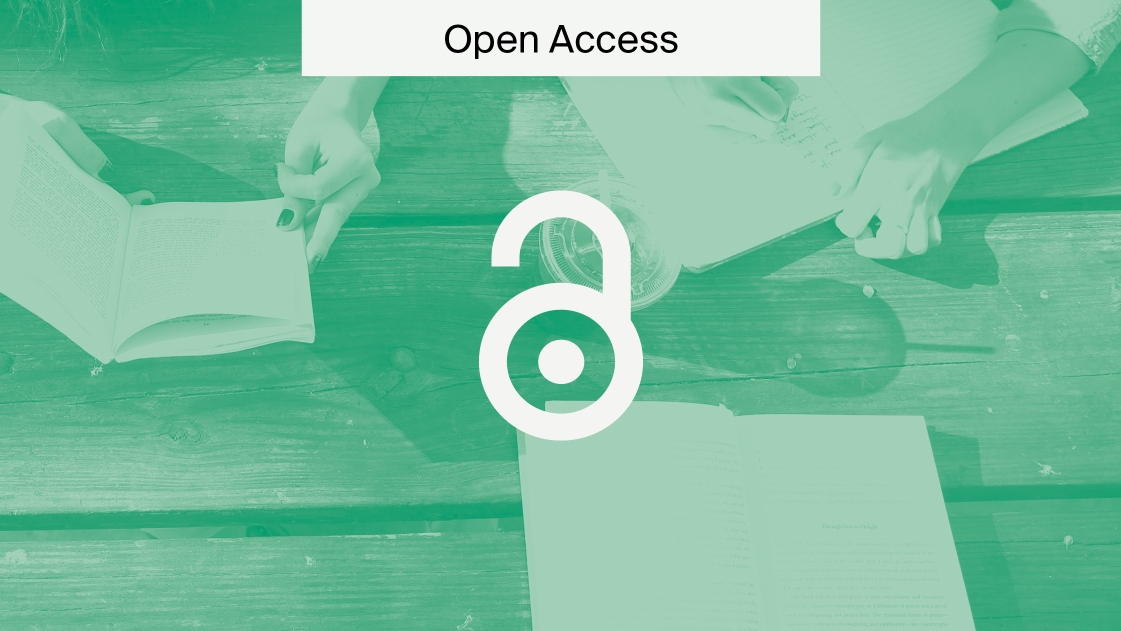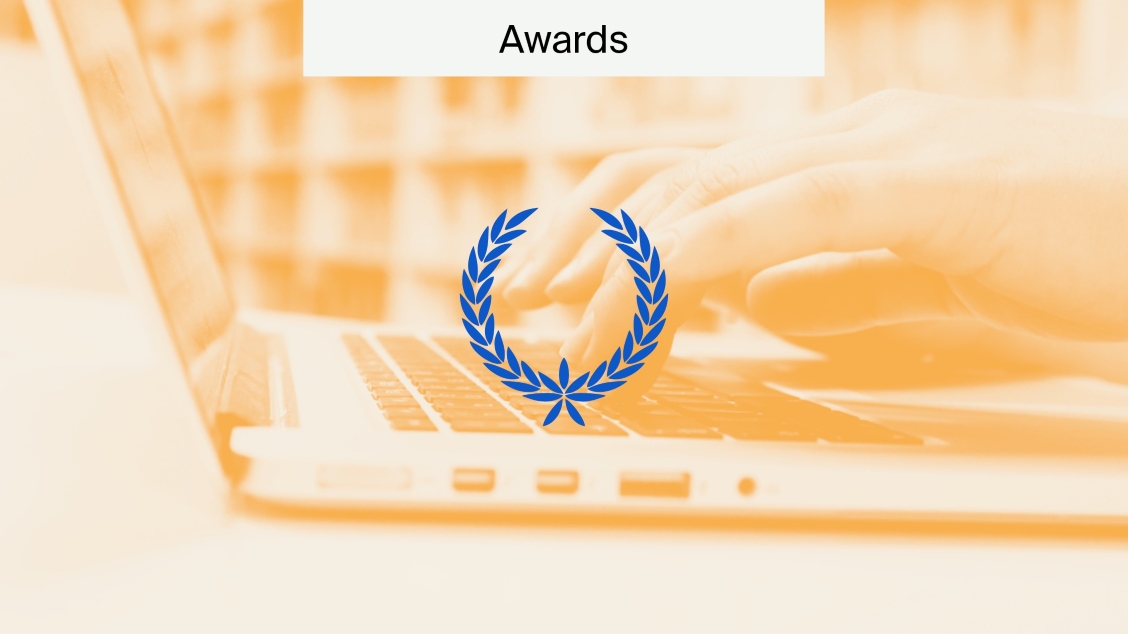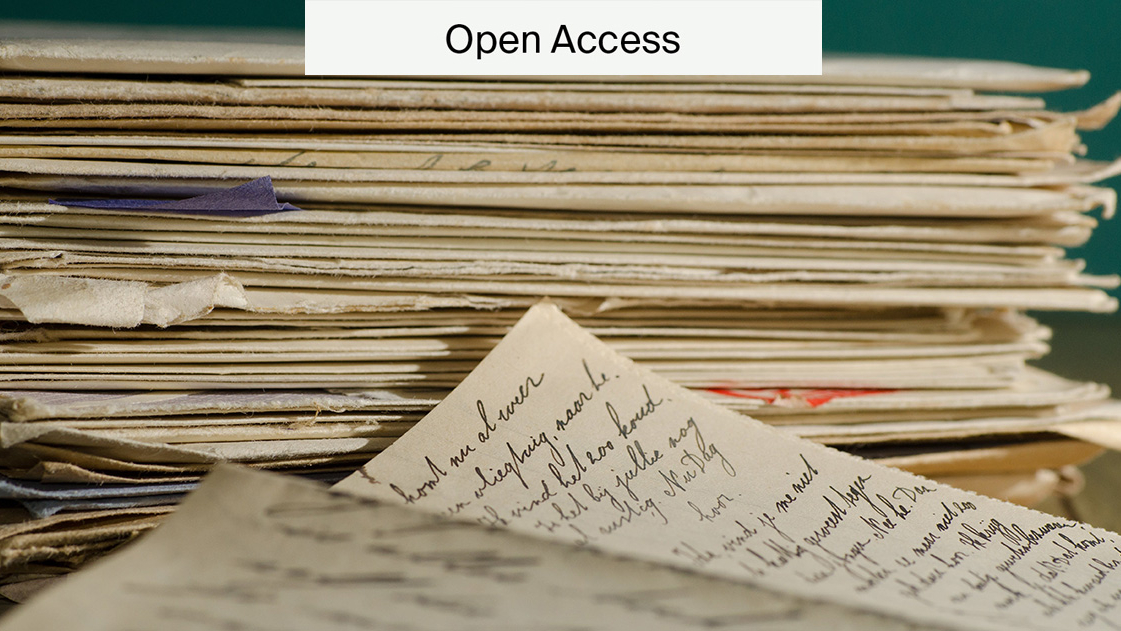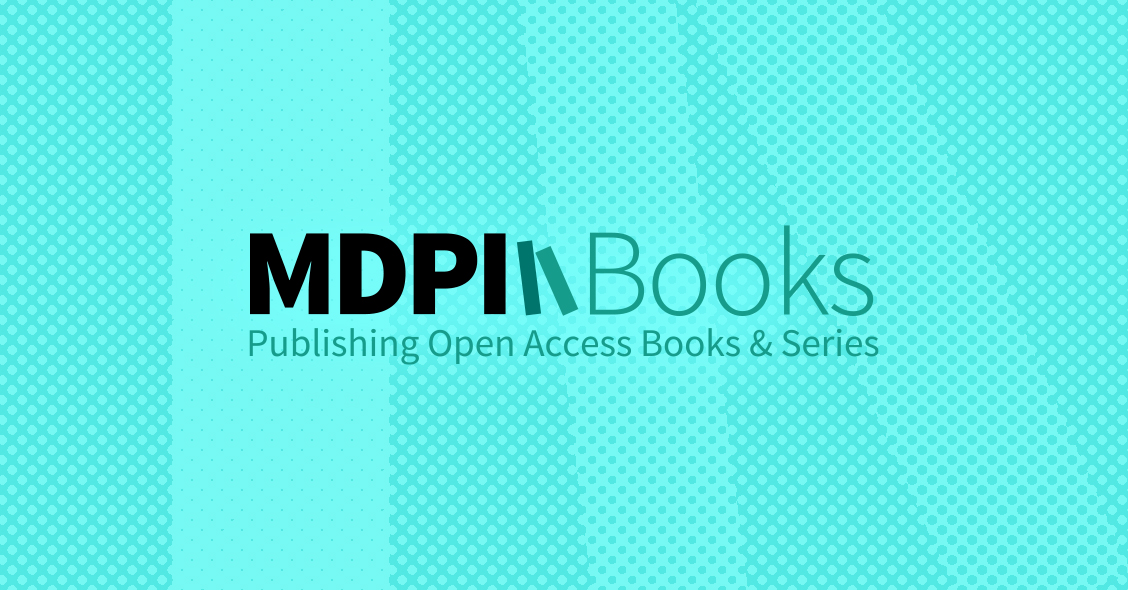
What is MDPI Books? The MDPI Books Team Explains
Researchers can hold a book featuring their work, thanks to MDPI’s Books service.
Books are produced in two ways:
- Often, research papers from MDPI’s various journals are transferred into book format. These are known as ‘Reprints’.
- On the other hand, books published as ‘Originals’ have never been published in any other format.
The majority of books are ‘Reprints’. With 3421 Reprints published so far, these currently represent 99.4% of Books publications. Meanwhile, 19 MDPI Originals are currently available, with the hope for lots more in the future.
Authors can complete a simple Proposal Form if they would like to propose a book.
The books are published online in open access format. They can also be published as physical copies, as part of the print-on-demand service offered.
IOAP-associated authors receive a 20% discount on their article processing charges (APCs). When it comes to buying the books, IOAP members will receive a 45% discount on their purchases.
The MDPI Books Team
Laura, Oliva, Evan, and Sarah are among the MDPI Books team members.

Laura Wagner (above) is Head of MDPI Books, and is responsible for the overall development of the project and for the team in general.

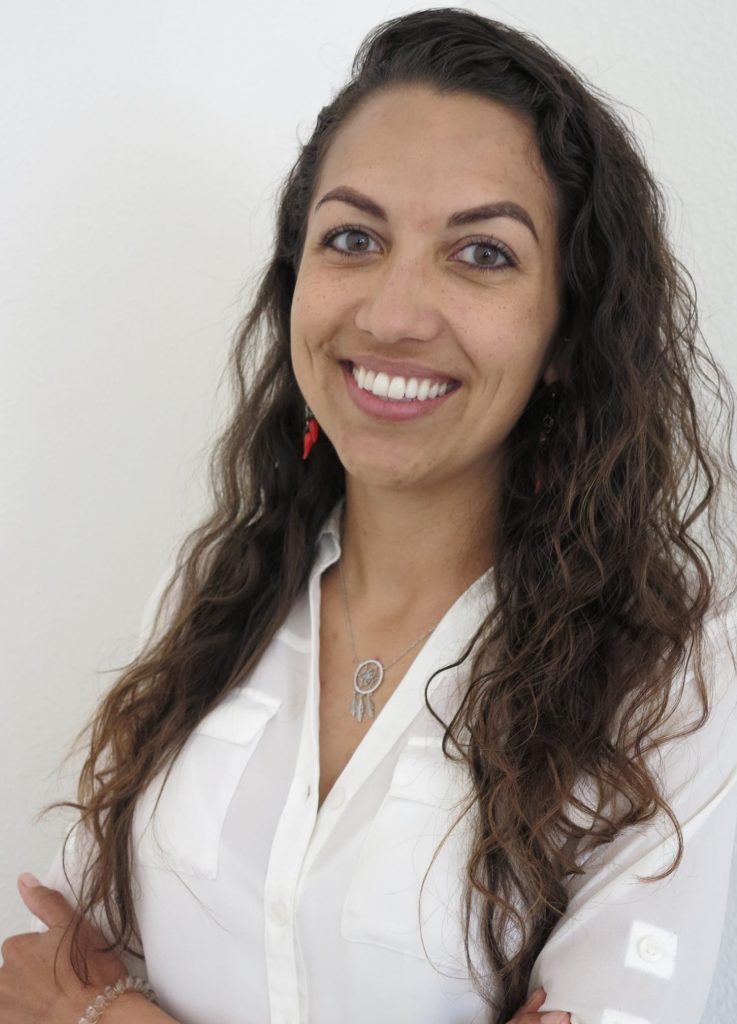
 Oliva Andereggen (far left) and Evan Escamilla (middle) manage the books from the time that they are submitted to the time that they are published—throughout submission, initial evaluation, peer review, and production. They also manage projects such as book launches and the new MDPI Advisory Board.
Oliva Andereggen (far left) and Evan Escamilla (middle) manage the books from the time that they are submitted to the time that they are published—throughout submission, initial evaluation, peer review, and production. They also manage projects such as book launches and the new MDPI Advisory Board.
Sarah Hulbert (above right) is the Commissioning Editor, responsible for project acquisition.
They work tirelessly to ensure that authors are supported at all stages of the process. Here, they explain more about MDPI Books and how the team collaborates to publish research.
How would you explain the differences between MDPI Books and journal publication?
Books are not collections of journal articles. Book chapters are not spontaneous submissions, as tends to be the case with journals.
In general, books undergo a much more intensive publication process. At the same time, since we are a small team, while still having access to the general MDPI resources, we are able to be more flexible and make changes according to the authors’ and editors’ needs. This can relate to the cover, but also to the set-up of the book, the front matter, the size of the book, and more.
A book can be planned better than a journal, as the planning is done right from the start. In this way, it is a much more curated work.
What’s the best way to go about publishing research in Books?
Usually, good ideas have their origins in fruitful discussions. Therefore, it is essential that researchers share their ideas, be it with their colleagues, or directly with a publisher. Authors can contact us at any time with just an idea, and we will work out together what is possible when it comes to developing a concept.
We encourage our authors to “think outside the research box” and share new perspectives. When one thinks outside the box, it can spark new impulses and help others to brainstorm new thoughts.
If the author already has a concrete idea, it is always helpful if they prepare a thorough proposal so that we get a clear picture of what is important to them.
Once the writing process has started, it is very important to stay on track. This is especially important for an edited volume, as it is a project with many people involved, who are all dependent on each other. Therefore, authors and editors should be aware, from the beginning, that such a project will keep them busy for quite some time.
What is the most enjoyable part of the Books process?
The beginning and the end of the publishing process are the most exciting. When we start the project, we get to know the authors and editors better, and we plan the project with them with lots of anticipation and enthusiasm. Finishing a project is always great. Being able to see the final result after a long journey and seeing the authors happy make you proud.
It is great to be able to build relationships with authors and editors. Communication usually takes several months, but can take more than a year, depending on the aims of the book.
Through these relationships, new ideas, initiatives, and projects develop, which is incredibly rewarding, as it is a testament to the hard work involved. At the same time, as we work so closely with the authors and editors, we become greatly aware of the issues that they may have with publishing, and part of our work is making publishing as easy for them as possible.
Because we are a small team here at MDPI Books, we are able to work very closely together and discuss these issues, making the process highly dynamic.
What are the strengths of MDPI Books?
As a pioneer of open access research, MDPI has the expertise and the background to contribute meaningfully to this rather new movement. MDPI is known for its simple, flexible, and fast publication process—these core values also apply to MDPI Books.
Since the project is still relatively young and we have a lot of experience in the OA area and systems in place, we also have a very competitive pricing policy.
We keep every step as simple as possible—from first contact to publication. Simplicity, though, is not only for authors; it is also for readers—the manuscripts that they are interested in should only be one click away.
What do you see as being the future of Books? What are the challenges to come?
Open access for books is a relatively new development in the field of scholarly publishing, so it will take a lot to increase trust in open access books. However, OA is becoming increasingly relevant for authors.
Nevertheless, due to its complexities, and the fact that open access book publishing is still experimental, there are currently fewer funds to support open access books. Having said that, interest in OA books is growing, and there are more and more initiatives/discussions around OA books.
We are convinced that OA will become the standard in book publishing in the future. The need for book publications clearly still exists, however what is still lacking is a stable funding process for these books.
Is there anything else that you would like prospective authors to know about Books?
For us, the authors/editors and their publications are at the centre of what we do here at MDPI Books. We are as committed to their publications as they are. We want them to know that although one or two people may be their main point of contact, they have access to the experience and knowledge of the whole team.



